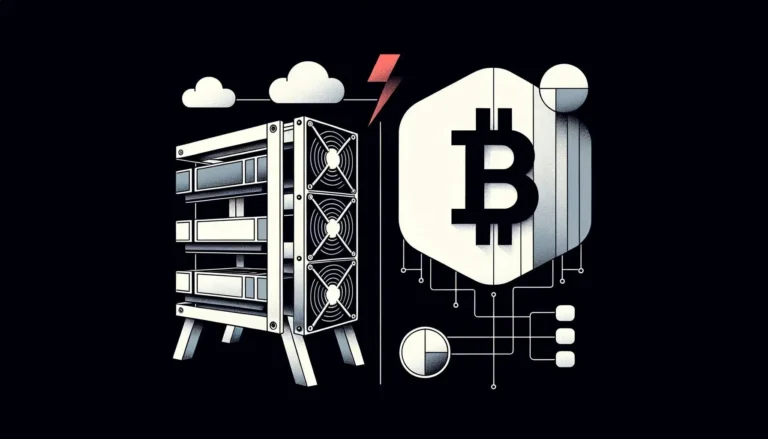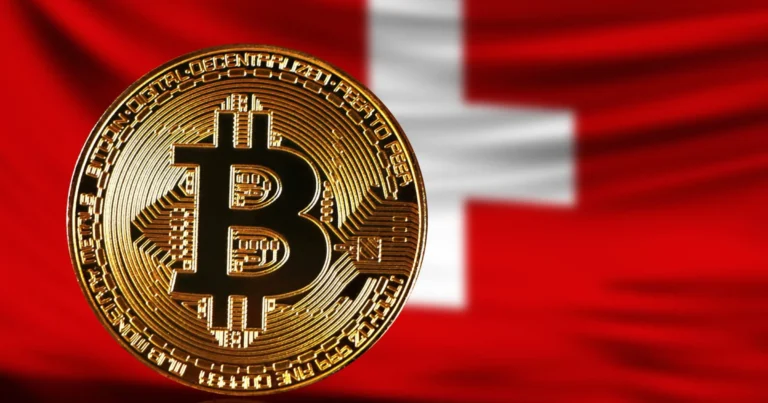Imagine you’re on an epic adventure in a massive, open-world game. You’ve got your character ready, and you’re excited to trade items, complete quests, and explore. But there’s a catch: every time you want to make a move—like trading with other players or completing a quest—you have to pay a small fee to the game to process your actions. This is a bit like what happens on the Ethereum blockchain, where gas fees are the costs that keep everything running smoothly.
What Are Gas Fees?
Gas fees are payments made by users to compensate for the computational energy required to process transactions on the Ethereum network. Just like how you need to pay for gas to fuel your car, you need to pay gas fees to fuel your transactions on Ethereum. These fees ensure that miners (the people who process and validate transactions) are incentivized to keep the network secure and efficient.
Why Do Gas Fees Exist?
- Transaction Processing: When you send Ethereum (ETH) or interact with a smart contract (think of it as a self-executing agreement), your request must be processed by miners. Gas fees help prioritize which transactions get processed first based on how much you’re willing to pay.
- Preventing Spam: Without gas fees, malicious users could flood the network with transactions, slowing it down for everyone. By requiring a fee, Ethereum ensures that only legitimate transactions are made.
- Resource Allocation: Different transactions require different amounts of computational power. More complex transactions (like those involving smart contracts) will need higher gas fees because they take more resources to execute.
How Are Gas Fees Calculated?
Gas fees are determined by two main factors:
- Gas Limit: This is the maximum amount of gas you’re willing to spend on a transaction. You can think of it as a budget for how much you’re willing to pay to get your transaction processed. If the gas limit is too low, your transaction might not go through.
- Gas Price: This is the amount you’re willing to pay per unit of gas. It fluctuates based on network demand. When more people are trying to transact, gas prices go up.
Formula to Remember: Total Gas Fee=Gas Limit×Gas Pricetext{Total Gas Fee} = text{Gas Limit} times text{Gas Price}
Why Understanding Gas Fees is Important
- Cost Management: As a trader or someone interacting with Ethereum, understanding gas fees can help you save money. You can time your transactions for when fees are lower, allowing you to trade more effectively.
- Transaction Efficiency: Knowing how gas works can help you optimize your transactions. For example, if you know that a particular action requires a lot of gas, you can prepare for that cost.
- Investment Decisions: Gas fees can influence the overall performance of Ethereum and its value. High fees might deter users, affecting the network’s popularity and, consequently, the price of ETH.
- Staying Informed: In the fast-paced world of cryptocurrency, being aware of gas fees and how they fluctuate can give you a competitive edge in trading and investment strategies.
Steps to Manage Gas Fees Effectively
- Monitor Gas Prices: Use websites or apps that track gas prices to find the best times to transact.
- Set Your Gas Limit Wisely: Understand the complexity of your transaction and set an appropriate gas limit to avoid failed transactions.
- Be Patient: Sometimes waiting a bit can save you money. If gas prices are high, consider delaying your transaction until prices drop.
- Experiment with Transactions: Try different types of transactions to see how gas fees vary. This can help you understand the network better.
Conclusion
Understanding gas fees in Ethereum isn’t just a technical detail; it’s a crucial part of navigating the blockchain world effectively. By grasping this concept, you’ll empower yourself to make smarter decisions in your crypto journey. Knowledge is your ultimate weapon, and in the world of Ethereum, understanding gas fees will make you a more strategic and informed participant. So dive in, learn more, and harness the power of blockchain!


